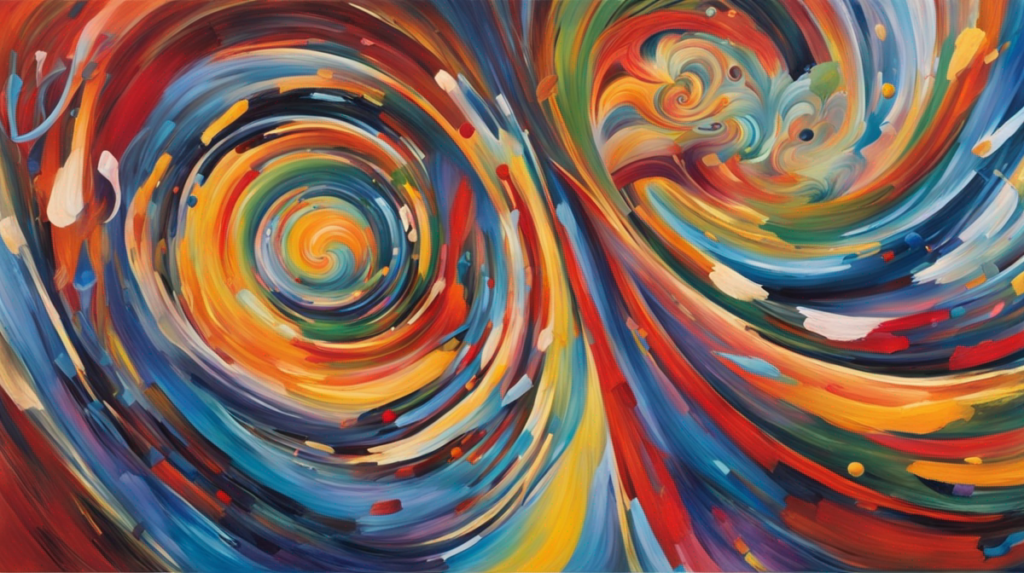Commonly viewed as opposing fields, the integration of science and art significantly influences all aspects relating to human health. This article unveils the extraordinary intersection of these two disciplines and their incredible role in health advancements.
Science and Art: An Unlikely Pairing
While science adheres to the principle of empirical evidence and precision, art thrives on subjectivity and emotional expression. However, these two seemingly contrasting fields collide beautifully when it comes to health, bearing fruit to astonishing breakthroughs.
The Role of Art in Medical Science
In the health sector, art takes on multiple roles – from promoting mental well-being to aiding medical illustrations and therapies. Art, with its rich visual and emotive capabilities, can empower scientists with better visualization abilities, ultimately aiding diagnosis and treatments.
Clinical studies have proven pro-therapeutic effects of art on various diseases, including dementia and cancer. Its powerful influence on the psyche can significantly improve patient outcomes.
Science in the Canvas of Art
Science too, informs art, especially in the realm of health. Precise anatomical drawings and the visualization of microscopic worlds create stunning pieces of art, simultaneously educating the viewer.
Bio-art, an avant-garde art form, employs biological materials to create artwork, reflecting the synergy between science and art. By demystifying complex health issues through the accessible language of art, these works foster remarkable health literacy.
The Controversial Intersection
Despite the beautiful harmony, the convergence of science and art invites controversy. Ethical considerations emerge in bio-art, where living entities are used. Additionally, maintaining precision while respecting art’s subjectivity challenges this interdisciplinary field.
Conclusion
This remarkable pairing of science and art holds immense potential in fostering health advancements. The marriage of these fields enhances our understanding of the human body, disease processes, and paves the way for innovative therapeutic modalities.

